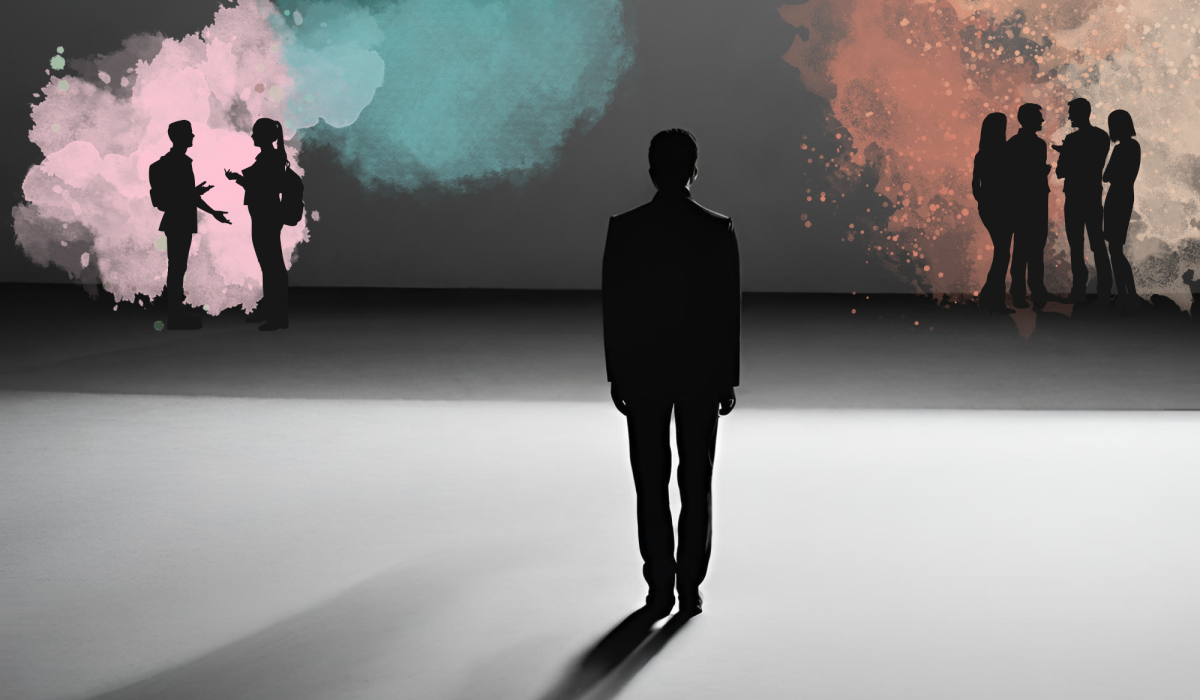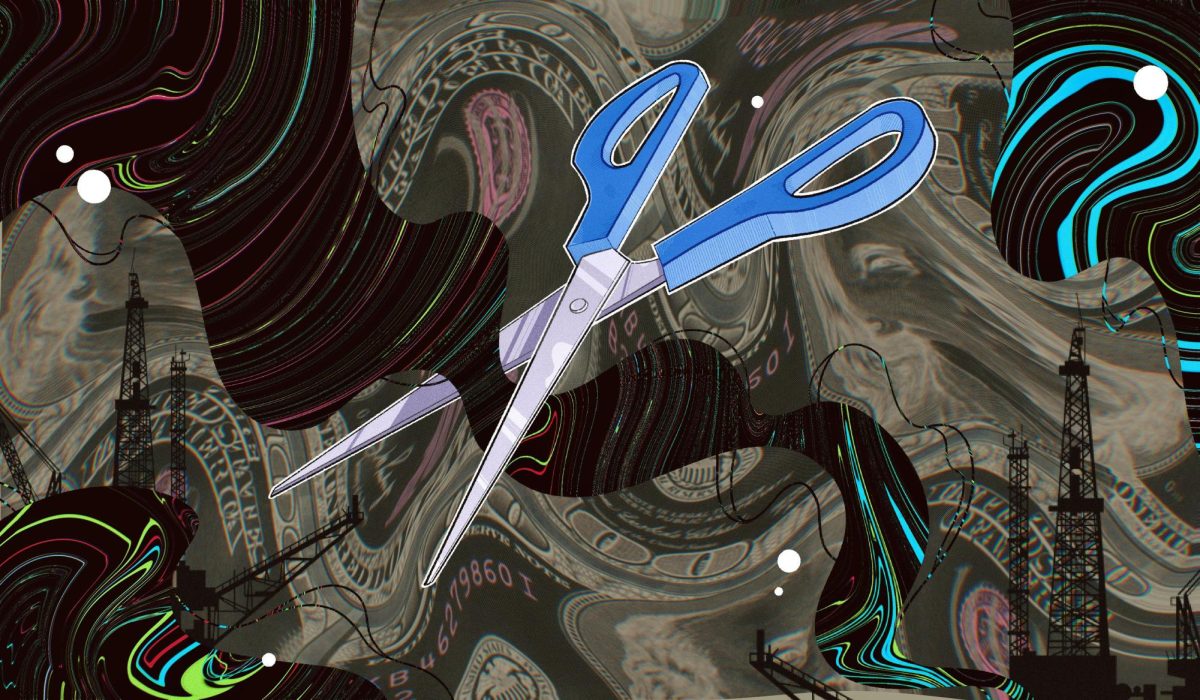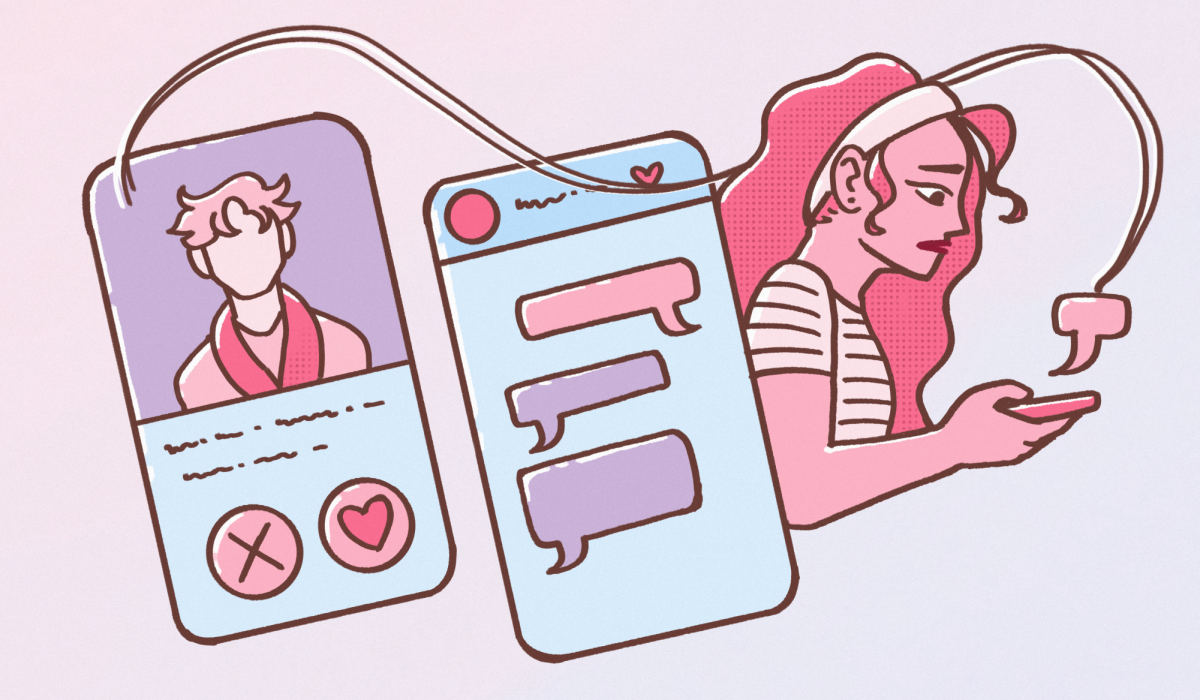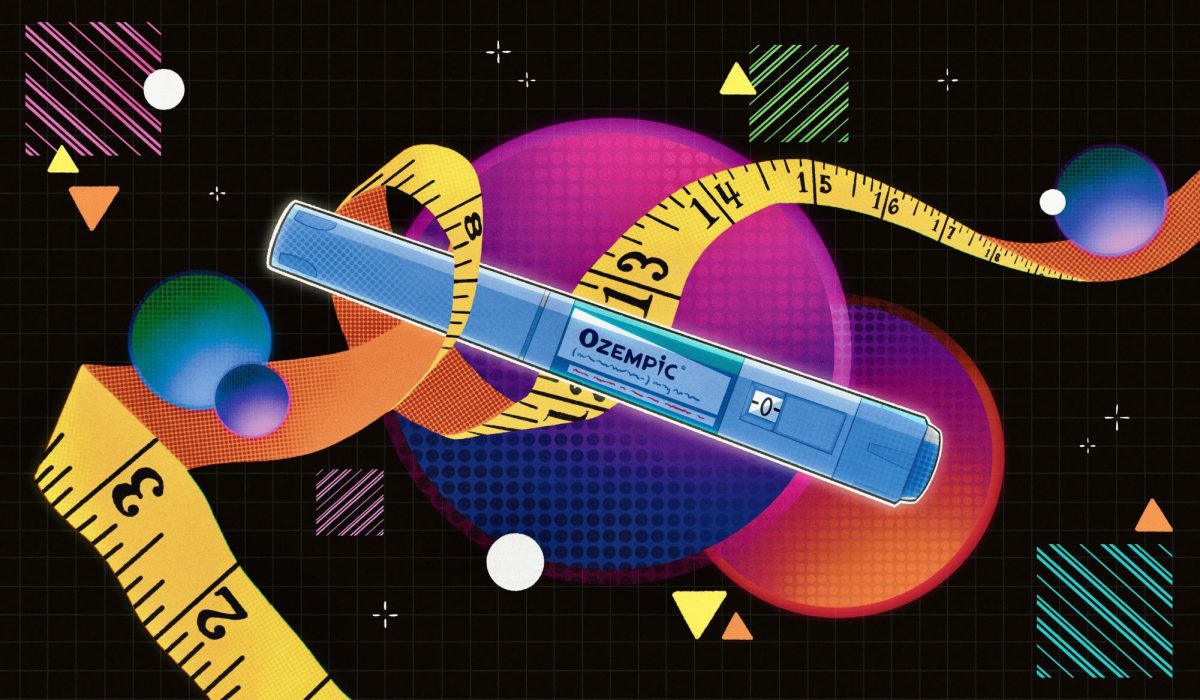As computer programs continue to replace a great deal of content in various sectors of the media such as news and music, the implications for artistic expression remain uncertain for the future.
Computer Programs Have Covertly Substituted the Material of Musical Artists With Algorithms
This is an age when one simply does not need emotion or human creativity to craft music. While some technological advancements have improved our standards of living significantly, others have lowered our expectations for originality within the arts. Since the beginning of pop music, it is clear that mainstream artists have been carefully crafted as corporate products. But now they are being far too blunt — and even shameful — by substituting lifeless computers for human creativity in the artistic process.
For instance, look at Japan’s very own Hatsune Miku — a computer program which masquerades as a pop star. For a country to produce both this and someone as real as Ayumi Hamasaki in the same generation is perplexing. The former is an inauthentic, unsatisfying robotic-sounding mess of a creation. She isn’t even a real person, yet she has continued to be eerily marketed as some sort of sensational android.
On the other hand, Hamasaki is everything Miku is not. Hamasaki has frequently eschewed her music as a consumerist product, writes her own lyrics and produces her own music. One can feel honesty and integrity in her works. This cannot be said about the so-called music churned out by Miku’s algorithm.
Unfortunately, the increasing presence of computer-generated artistic content is not just a pop music phenomenon. The rock world has also seen some of its heroes descend into a pit of uninspired mediocrity when human talent is replaced by the cold hand of the machine.
In the early ‘80s, guitar virtuoso Frank Zappa found himself fed up with actual people and began to produce studio albums featuring the Synclavier, a synthesizer with the ability to play computer-programmed compositions. The most famous album of this soulless era — Jazz from Hell — is without expression, dull and quite frankly a soul-sucking experience.
UCSD students might very well live to see a brave new musical world dominated by machines in place of the human experience. Thankfully, history has produced hundreds of years of genuine music to look back on and appreciate.
— JORDAN UTLEY-THOMSON Staff Writer
Machine Generated News Articles Allow Information To Be Filtered By Computers Instead of People
The Associated Press and Comcast Corp. recently partnered up with Automated Insights, a company which uses “natural language processing” to create news stories out of data reports. In addition, these automated machine journalists produce stories in minutes, allowing people to access information about homicides, earthquakes, and other events instantly.
Supporters of this platform argue that automatically-generated news articles save time and ensure logistical accuracy, allowing human journalists to devote more time to interviewing and investigating. While computer algorithms can be designed to produce creative, engaging pieces, they cannot, at this point in time, perform multidimensional investigative work. Therefore, the issue of jobs being replaced by technology is not currently a problem.
According to the Automated Insights website, the Wordsmith technology used by the company writes “exactly what each customer or employee wants — and needs — to read.” However, there is a caveat. Although the company is managed by real people, and articles can be modified by actual reporters, the information being received is ultimately filtered by a computer.
As we all know, algorithms can be easily manipulated and system glitches do happen. Stories written by people reflect the natural biases of writers and editors, but readers expect that because they are also human. Articles compiled by a machine, however, are more likely to be perceived as neutral because a robot doesn’t possess human emotion or reason. Because the content of the article is not written by a person, information people actually “need” might be arbitrarily omitted.
Convenience versus liberty is an issue that has been talked about in recent years with the emergence of increasingly efficient technology. News and information are necessary for the public to make informed choices and to fully participate in society. Altering news propagates a false understanding of reality which people are too busy and distracted to investigate themselves. Thus, supporting these new media which create more convenient or efficient news stories does not necessarily raise awareness of the critical investigative details in public events. As a result, computer-generated articles defeat the purpose of news articles by hindering the drive for deeper analysis.
— TINA BUTOIU Senior Staff Writer







